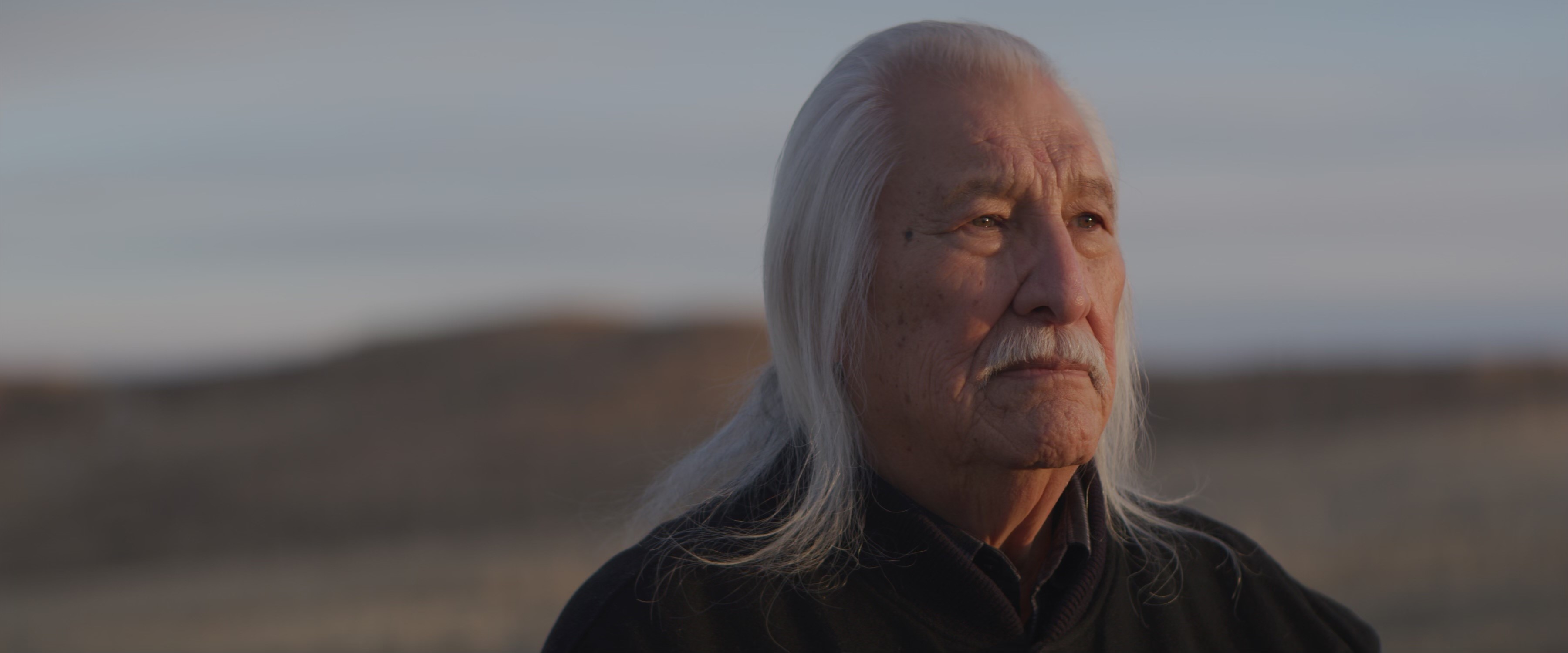
- Details
- By Darren Thompson
Mission, South Dakota—Lionel R. Bordeaux, 82, a Rosebud Lakota Sioux tribal citizen and Sinte Gleska University’s President since 1973, passed away on November 16. He was 82. No cause has been given to his death.
Bordeaux’s career touched the lives of many, and he was widely recognized for his service to expanding culturally-based Native higher education and was among the most honored Native American educators in the United States.
“This is a tremendous loss for his family, Sinte Gleska University, the Rosebud Lakota Nation, and Indian Country,” said Sinte Gleska University (SGU) in a statement on Bordeaux’s passing. “For all who knew him, he was a grounding force in stormy times; a paragon of goodwill, solidarity, and wisdom; and the heart and soul of the Tribal College Movement to which he was fiercely devoted.”
Bordeaux was inaugurated by twelve Lakota medicine men as president of SGU on February 3, 1973, and has been the president since. He was the longest-serving college or university president in the United States.
Bordeaux was instrumental in the expansion of SGU becoming the first tribal university among tribal colleges in the country. He was a founder of the American Indian Higher Education Consortium (AIHEC), which serves as a collective voice for the 35 tribal colleges and universities in Washington, D.C. He was also a founder of the American Indian College Fund, the World Indigenous Nations Higher Education Consortium, and the Tribal College Journal.
SGU is a four-year tribal university chartered by the Rosebud Sioux Tribe and services the Rosebud Sioux Indian Reservation. The university is named after the Brulé Chief Sinte Gleska — or Spotted Tail in the Lakota language.
President Bordeaux also served in leadership roles as a councilman for the Rosebud Sioux Tribe; board member for the Native American Rights Fund; regent of the Haskell Indian Junior College in Lawrence, Kansas; and president of both AIHEC and the National Indian Education Association (NIEA)
He’s been recognized as “Outstanding Educator of the Year” by the South Dakota Indian Education Association and “Outstanding Indian Educator of the Year” by the National Indian Education Association. He was NIEA’s first Lifetime Achievement Award recipient. The National Indian Gaming Association (NIGA) has also given Bordeaux its “Living Legend Award” for his service to American Indian education.
Bordeaux was born in 1940 and raised by his grandfather, Alex Bordeaux Jr., and his grandmother, Mary Jordan Bordeaux. He attended the Horse Creek Day School, St. Mary’s School in Winner, SD, and public school in White River, SD. He graduated from St. Francis Indian Mission, a Roman Catholic boarding school, and went on to enroll at Black Hills State Teachers’ College, where he earned a B.A. in composite history and social science.
In October 2017, Black Hills State University named a residence hall on its campus the “Lionel R. Bordeaux Residence Hall” in honor of his many lifetime achievements. He also received two honorary doctorate degrees from South Dakota State University and Augustana University in South Dakota.
Those who worked with President Bordeaux throughout his career have shared messages of congratulations and gratitude for his service, illustrating his legacy.
“President Bordeaux exemplified the very best of Lakota leadership,”SGU Adjunct Professor Danielle Finn said to Native News Online. “He was kind, intelligent, and forever thinking of the next seven generations.”
Dr. Justin Guillory, President of Northwest Indian College wrote on his 45th anniversary, “The TCU movement is alive and growing stronger because of warriors like you who paved the way for us.”
Carrie Billy, president and CEO of the American Indian College Fund, said, “President Bordeaux was the heart—the drumbeat—of the Tribal College Movement. We feel his loss profoundly, but his songs and stories will never leave us. His legacy will endure for generations and that gives us peace and hope for the future of the Tribal College Movement.”
Bordeaux is survived by his wife, Barbara, his daughter, Debra, and sons, Shawn and Brian, along with eleven grandchildren and eleven great-grandchildren. He was preceded in death by his son, Scott, his brother, Lynwood Falls, his daughter-in-law Jodie, and granddaughter, Jordan.
A celebration of life is being held at the Wakinyan Wanbli Multipurpose Student Center on December 1, 2022, at 10:00 a.m. on the Sinte Gleska University Lake Campus.
For more details, please visit the Sinte Gleska University website at sintegleska.edu.
President Bordeaux’s services will be live-streamed with the link accessible on the university’s website.
More Stories Like This
Hanging a Red Dress for Christmas: MMIP, Native Higher Education, and Hope for a Better New YearNative Students Can Win $5,000 Scholarship, International Distribution in Pendleton Design Contest
American Indian College Fund Raises Alarm Over Plan to Shift Native Programs Away From the Dept. of Education
MacKenzie Scott Foundation Gives $5 Million Contribution to Little Priest Tribal College
Tribal Leaders Push Back on Dismantling of U.S. Department of Education
Help us defend tribal sovereignty.
At Native News Online, our mission is rooted in telling the stories that strengthen sovereignty and uplift Indigenous voices — not just at year’s end, but every single day.
Because of your generosity last year, we were able to keep our reporters on the ground in tribal communities, at national gatherings and in the halls of Congress — covering the issues that matter most to Indian Country: sovereignty, culture, education, health and economic opportunity.
That support sustained us through a tough year in 2025. Now, as we look to the year ahead, we need your help right now to ensure warrior journalism remains strong — reporting that defends tribal sovereignty, amplifies Native truth, and holds power accountable.
 The stakes couldn't be higher. Your support keeps Native voices heard, Native stories told and Native sovereignty defended.
The stakes couldn't be higher. Your support keeps Native voices heard, Native stories told and Native sovereignty defended.
Stand with Warrior Journalism today.
Levi Rickert (Potawatomi), Editor & Publisher

